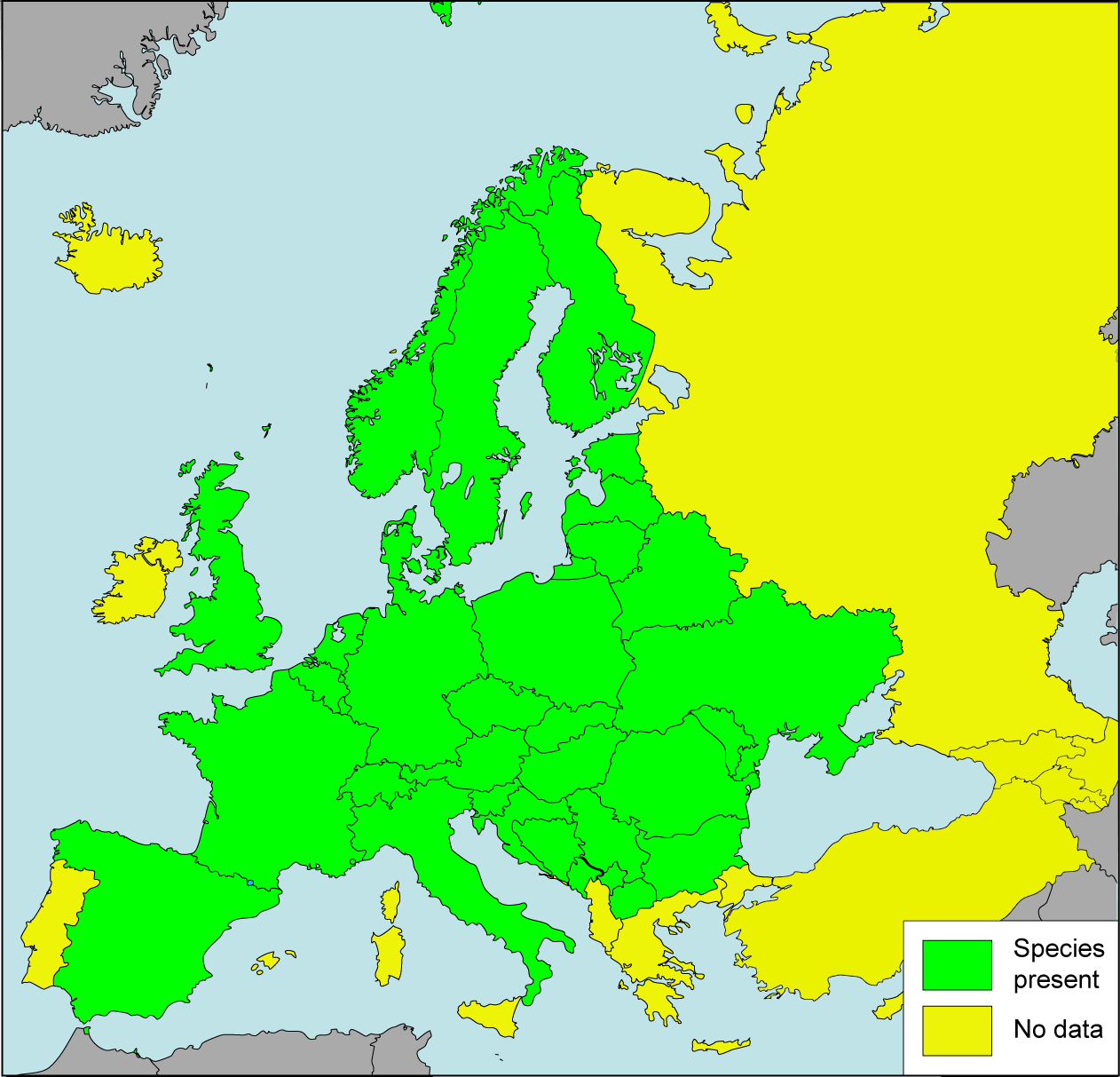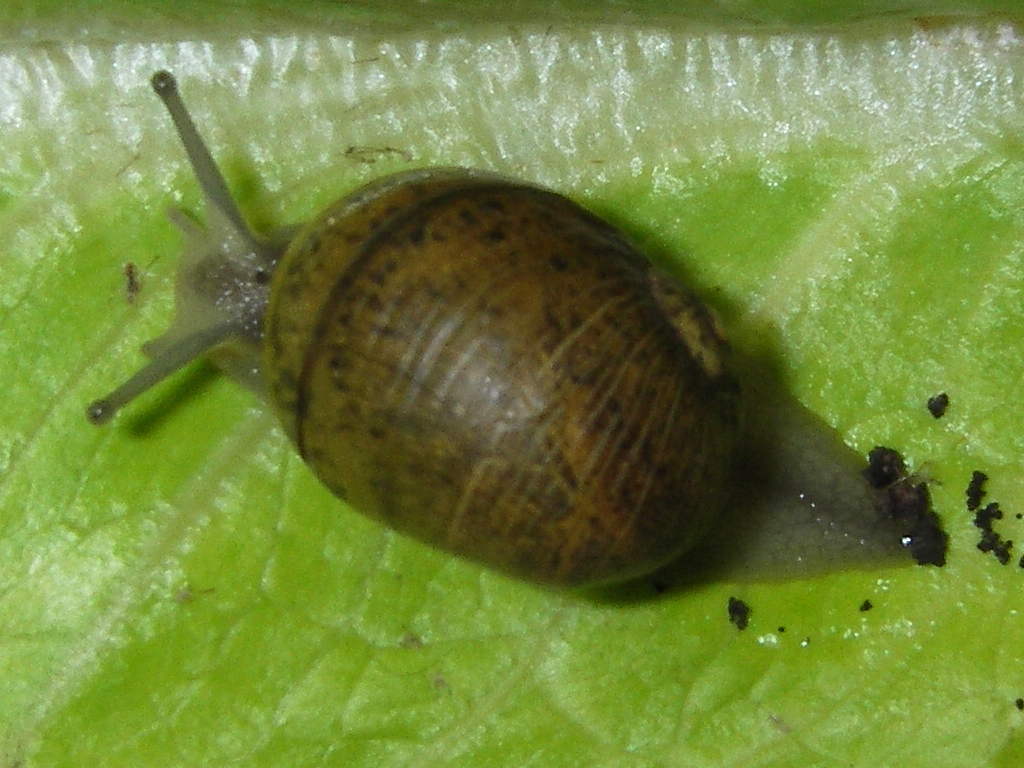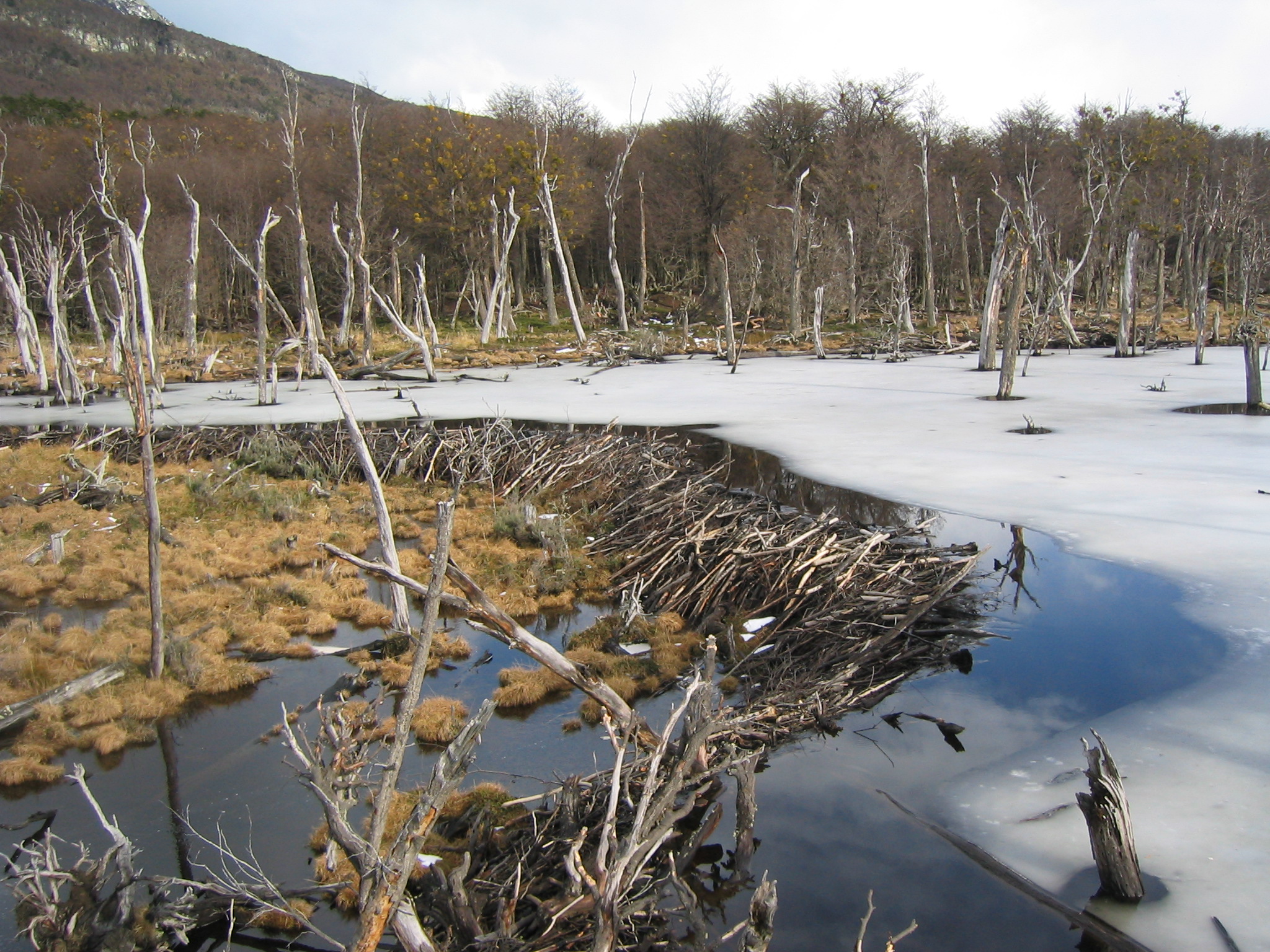|
Helix (gastropod)
''Helix'' is a genus of large, air-breathing land snails native to Europe and the Mediterranean region. They are the type genus of the family Helicidae, and are among the first animal genera described by Carl Linnaeus.Rosenberg, G.; Bouchet, P. (2014). ''Helix'' Linnaeus, 1758. Accessed through: World Register of Marine Species at http://www.marinespecies.org/aphia.php?p=taxdetails&id=153970 on 2015-02-24 Members of the genus first appeared during the Oligocene. Like most land snails, ''Helix'' species are hermaphroditic, and like other helicids, a courting pair will impale each other with hormone-rich love darts prior to exchanging sperm. Well-known species include ''Helix pomatia'' (Roman snail, Burgundy snail, or edible snail) and '' Helix lucorum'' (Turkish snail). ''Cornu aspersum'' (garden snail) – another well-known helicid – was originally described as a member of ''Helix'' (as "''Helix aspersa''"), but the prevailing classification places it as the sole member of the ... [...More Info...] [...Related Items...] OR: [Wikipedia] [Google] [Baidu] |
Helix Pomatia
''Helix pomatia'', common names the Roman snail, Burgundy snail, or escargot, is a species of large, edible, air-breathing land snail, a pulmonate gastropod terrestrial mollusc in the family Helicidae.MolluscaBase eds. (2021). MolluscaBase. Helix pomatia Linnaeus, 1758. Accessed through: World Register of Marine Species at: http://marinespecies.org/aphia.php?p=taxdetails&id=1050286 on 2021-02-19 It is one of Europe's biggest species of land snail. Distribution Distribution of ''H. pomatia'' includes: Southeast Europe, Southeastern and Central Europe: * List of non-marine molluscs of Germany, Germany – listed as a specially protected species in annex 1 of the Bundesartenschutzverordnung. * List of non-marine molluscs of Austria, Austria * List of non-marine molluscs of the Czech Republic, Czech Republic – least concern species (LC): Its conservation status in 2004–2006 is favourable (FV) in the report for the European Commission in accordance with the Habitats Directive ... [...More Info...] [...Related Items...] OR: [Wikipedia] [Google] [Baidu] |
Cornu Aspersum
''Cornu aspersum'' (syn. ''Cryptomphalus aspersus''), known by the common name garden snail, is a species of land snail in the family Helicidae, which includes some of the most familiar land snails. Of all terrestrial molluscs, this species may well be the most widely known. It was classified under the name ''Helix aspersa'' for over two centuries, but the prevailing classification now places it in the genus ''Cornu''. The snail is relished as a food item in some areas, but it is also widely regarded as a pest in gardens and in agriculture, especially in regions where it has been introduced accidentally, and where snails are not usually considered to be a menu item. Description The adult bears a hard, thin calcareous shell in diameter and high, with four or five whorls. The shell is variable in coloring and shade of color, but generally it has a reticulated pattern of dark brown, brownish-golden, or chestnut with yellow stripes, flecks, or streaks (characteristically inte ... [...More Info...] [...Related Items...] OR: [Wikipedia] [Google] [Baidu] |
Pila Ampullacea
''Pila ampullacea'', is a species of freshwater snail with an operculum, an aquatic gastropod mollusk in the family Ampullariidae, the apple snails. MolluscaBase eds. (2020). MolluscaBase. Pila ampullacea (Linnaeus, 1758). Accessed through: World Register of Marine Species at: http://marinespecies.org/aphia.php?p=taxdetails&id=737456 on 2020-05-18 Distribution Thailand, Vietnam, Indonesia Description As food ''Pila ampullacea'', together with ''Pila pesmei'', are indigenous rice field snail species traditionally eaten in Thailand that have been displaced by the invasive golden apple snail, ''Pomacea canaliculata''.''Heavy Predation on Freshwater Bryozoans by the Golden Apple Snail, Pomacea canaliculata Lamarck, 1822 (Ampullariidae)''; The Natural History Journal of Chulalongkorn University 6(1): 31-36, May 2006 In Indonesia, it is famous as ''keong sawah'' or ''tutut'' as traditional cuisine which is often boiled or grilled as satay Satay ( , in USA also , ), or ... [...More Info...] [...Related Items...] OR: [Wikipedia] [Google] [Baidu] |
Fossarus Ambiguus
''Fossarus ambiguus'' is a species of sea snail, a marine gastropod mollusk in the family Planaxidae. Distribution Description The maximum recorded shell Shell may refer to: Architecture and design * Shell (structure), a thin structure ** Concrete shell, a thin shell of concrete, usually with no interior columns or exterior buttresses ** Thin-shell structure Science Biology * Seashell, a hard o ... length is 3.5 mm.Welch J. J. (2010). "The "Island Rule" and Deep-Sea Gastropods: Re-Examining the Evidence". '' PLOS One'' 5(1): e8776. . Habitat Minimum recorded depth is 0 m. Maximum recorded depth is 40 m. References External links * Planaxidae Gastropods described in 1758 Taxa named by Carl Linnaeus {{Planaxidae-stub ... [...More Info...] [...Related Items...] OR: [Wikipedia] [Google] [Baidu] |
Thiara Amarula
''Thiara amarula'' is a species of gastropod belonging to the family Thiaridae. Description The length of the shell attains 32 mm. Distribution The species is found in Malesia, coasts of Indian and Pacific Ocean.; off Queensland, Australia References * Glaubrecht M., Brinkmann N. & Pöppe J. (2009). Diversity and disparity ‘down under': Systematics, biogeography and reproductive modes of the ‘marsupial' freshwater Thiaridae (Caenogastropoda, Cerithioidea) in Australia. Zoosystematics and Evolution. 85(2): 199-275 * Fischer-Piette, E. & Vukadinovic, D. (1974). Les Mollusques terrestres des Iles Comores. Mémoires du Museum National d'Histoire Naturelle, Nouvelle Série, Série A, Zoologie, 84: 1-76, 1 plate. Paris. * Griffiths, O.L. & Florens, V.F.B. (2006). A field guide to the non-marine molluscs of the Mascarene Islands (Mauritius, Rodrigues and Réunion) and the northern dependencies of Mauritius. Bioculture Press: Mauritius. Pp. i–xv, 1–185. * Fischer-Piette, E. & ... [...More Info...] [...Related Items...] OR: [Wikipedia] [Google] [Baidu] |
Pedipes Pedipes
''Pedipes'' is a genus of small air-breathing snails, pulmonate gastropod mollusks in the subfamily Pedipedinae of the family Ellobiidae.MolluscaBase eds. (2021). MolluscaBase. Pedipes Férussac, 1821. Accessed through: World Register of Marine Species at: http://www.marinespecies.org/aphia.php?p=taxdetails&id=137926 on 2021-12-24 Species * ''Pedipes affinis'' Férussac, 1821 * ''Pedipes amplicatus'' (Jickeli, 1874) * ''Pedipes angulatus'' C. B. Adams, 1852 * ''Pedipes bodomoli'' Perugia, 2021 * ''Pedipes deschampsi'' Ancey, 1887 * ''Pedipes dohrni'' d'Ailly, 1896 * ''Pedipes jouani'' Montrouzier, 1862 * ''Pedipes leoniae'' Ancey, 1887 * ''Pedipes mirabilis'' (Megerle von Mühlfeld, 1816) * † ''Pedipes mirandus'' J. Gibson-Smith & W. Gibson-Smith, 1985 * ''Pedipes moreleti'' (Pilsbry & Bequaert, 1927) * ''Pedipes ovalis'' C. B. Adams, 1849 * '' Pedipes pedipes'' (Bruguière, 1789) * ''Pedipes sandwicensis'' Pease, 1860 * ''Pedipes unisulcatus'' Cooper, 1866 ;Taxa inquirenda: * ... [...More Info...] [...Related Items...] OR: [Wikipedia] [Google] [Baidu] |
Chilostoma Achates
''Chilostoma achates'' is a species of medium-sized, air-breathing, land snail, a terrestrial pulmonate gastropod mollusk in the family Helicidae, the true snails. IUCN has defined the snail as Near threatened A near-threatened species is a species which has been categorized as "Near Threatened" (NT) by the International Union for Conservation of Nature as that may be vulnerable to endangerment in the near future, but it does not currently qualify fo ..., due to the development of tourism. References {{Taxonbar, from=Q14625306 Chilostoma Gastropods described in 1835 ... [...More Info...] [...Related Items...] OR: [Wikipedia] [Google] [Baidu] |
Cantareus Mazzullii
''Helix mazzullii'', also known as ''Cantareus mazzullii'' or ''Cornu mazzullii'', is a species of large, edible, air-breathing land snail, a terrestrial pulmonate gastropod mollusk in the family Helicidae, the typical snails. This species is endemic to Sicily. It is threatened by habitat loss Habitat destruction (also termed habitat loss and habitat reduction) is the process by which a natural habitat becomes incapable of supporting its native species. The organisms that previously inhabited the site are displaced or dead, thereby .... References External links Animal Base info Helix (gastropod) Fauna of Italy Endemic fauna of Italy Gastropods described in 1832 Taxonomy articles created by Polbot Taxobox binomials not recognized by IUCN {{Helicidae-stub ... [...More Info...] [...Related Items...] OR: [Wikipedia] [Google] [Baidu] |
Cantareus Apertus
''Cantareus apertus'', commonly known as the green garden snail, is a species of air-breathing land snail, a terrestrial pulmonate gastropod mollusc in the family Helicidae, the typical snails. Distribution ''Cantareus apertus'' is native to Europe primarily near the Mediterranean Sea, and also North Africa. Distribution of ''Cantareus apertus'' include: * France west of Rhone estuary It is protected in France, must not be collected for commercial purposes. * Islands in the Tyrrhenian Sea * Italy, Italian peninsula to Liguria and Romagna * Ionian islands * Central Greece * Aegean Islands * Cyprus (only one locality) * Mediterranean north Africa In Salento it is known as municeḍḍe and in Sicily as attuppateḍḍu. It has also been introduced to other areas: * It has become established in California and Louisiana. * Western Australia – nonindegenous This species is already established in the United States, and is considered to represent a potentially serious threa ... [...More Info...] [...Related Items...] OR: [Wikipedia] [Google] [Baidu] |
Invasive Species
An invasive species otherwise known as an alien is an introduced organism that becomes overpopulated and harms its new environment. Although most introduced species are neutral or beneficial with respect to other species, invasive species adversely affect habitats and bioregions, causing ecological, environmental, and/or economic damage. The term can also be used for native species that become harmful to their native environment after human alterations to its food webfor example the purple sea urchin ('' Strongylocentrotus purpuratus'') which has decimated kelp forests along the northern California coast due to overharvesting of its natural predator, the California sea otter ('' Enhydra lutris''). Since the 20th century, invasive species have become a serious economic, social, and environmental threat. Invasion of long-established ecosystems by organisms is a natural phenomenon, but human-facilitated introductions have greatly increased the rate, scale, and geographic range ... [...More Info...] [...Related Items...] OR: [Wikipedia] [Google] [Baidu] |
Hors D'oeuvre
An hors d'oeuvre ( ; french: hors-d'œuvre ), appetiser or starter is a small dish served before a meal in European cuisine. Some hors d'oeuvres are served cold, others hot. Hors d'oeuvres may be served at the dinner table as a part of the meal, or they may be served before seating, such as at a reception or cocktail party. Formerly, hors d'oeuvres were also served between courses.''Oxford English Dictionary'', First Edition, 189''s.v.''/ref> There are two types of hors d'oeuvre from service point of view: # General hors d'oeuvre # Classical hors d'oeuvre General hors d'oeuvres include cold preparations such as salad, cold meat, and fish. Classical hors d'oeuvres include fruit juice and soft drinks, grapefruit, shellfish cocktail, and so on. Typically smaller than a main dish, an hors d'oeuvre is often designed to be eaten by hand. Etymology in French literally means "outside the work"; that is, "not part of the ordinary set of courses in a meal". In practice, it is ... [...More Info...] [...Related Items...] OR: [Wikipedia] [Google] [Baidu] |
Escargot
Snails are considered edible in many areas such as the Mediterranean region, Africa, or Southeast Asia, while in other cultures, snails are seen as a taboo food. In American English, edible land snails are also called escargot, taken from the French word for 'snail,' and the production of snails for consumption is called snail farming or heliciculture. Snails as a food date back to ancient times, with numerous cultures worldwide having traditions and practices that attest to their consumption. The snails are collected after the rains and are put to "purge" (fasting). In the past, the consumption of snails had a marked seasonality, from April to June. However, thanks to snail breeding techniques, today they are available all year round. Heliciculture occurs mainly in Spain, France, and Italy, which are also the countries with the greatest culinary tradition of the snail. Although throughout history, the snail has had little value in the kitchen because it is considered "poverty foo ... [...More Info...] [...Related Items...] OR: [Wikipedia] [Google] [Baidu] |






_(2).jpg)
